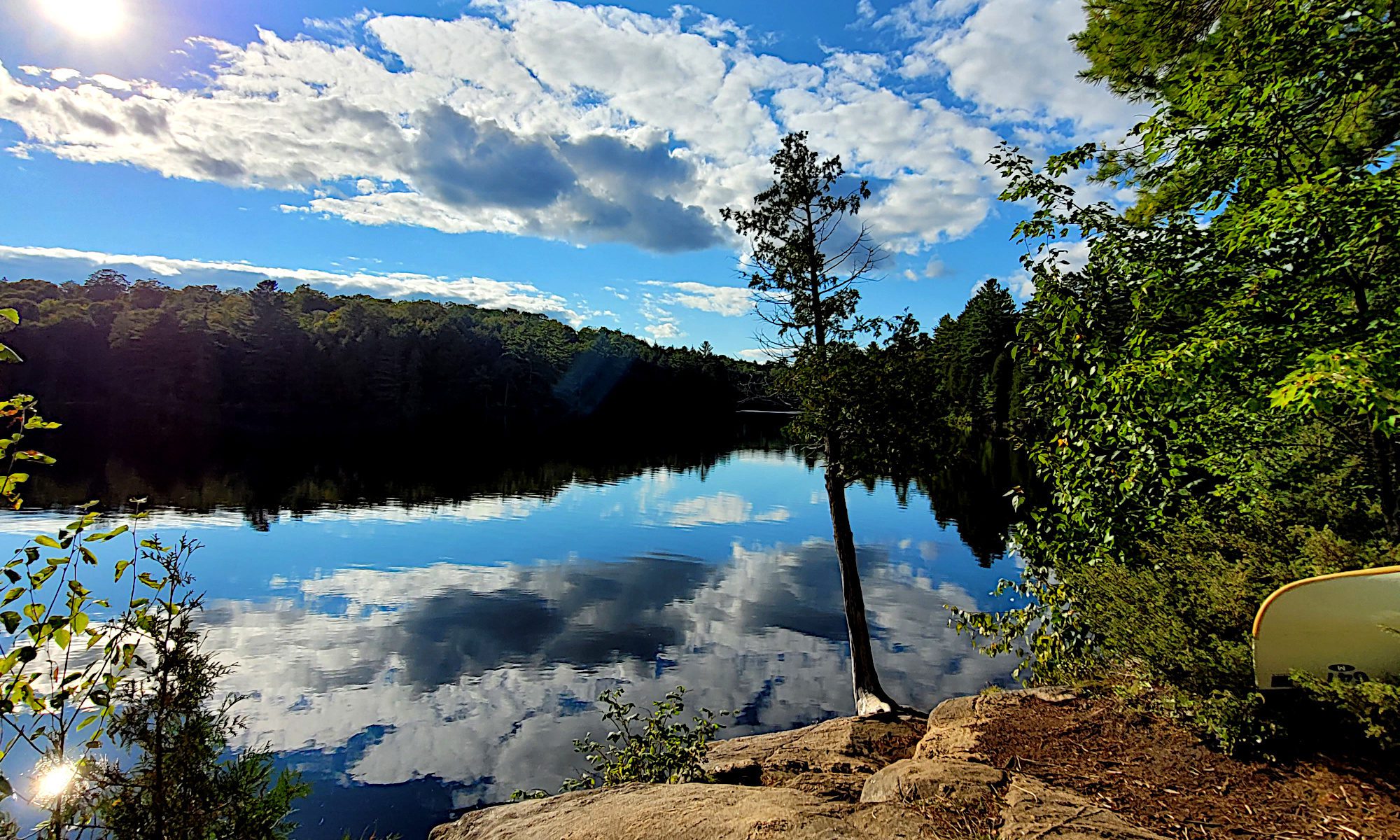I recently moved this blog to a new server, so I ‘ve been reconstructing it, and in the process looking through some *really* old posts. It starts in 2005, with some columns I reposted from the newspaper I worked for (the Globe and Mail in Toronto). At the time, I thought I would create a website where I could cross-post my newspaper work, the way Malcolm Gladwell and others were doing at the time, but then I started actually blogging about “Web 2.0” and cross-posting went by the wayside. One of the first non-newspaper posts was about “the revenge of the blog-o-sphere,” sparked by a column in Forbes written by Dan Lyons (who would later write The Secret Diary of Steve Jobs, among other things) and the negative reaction from people like @om and @dangillmor.
From there on, it’s like a time capsule: posts about Yahoo integrating RSS into Yahoo Mail, about the rise of Craigslist — which had 9M unique visitors when I wrote about it in 2005, and has about 200 million now — and TiVo (remember that?), and the battle of Flickr vs Webshots. Other blasts from the past include a post about Jason Calacanis selling Weblogs to AOL, one about Google Reader and Bloglines and NewsGator, and one that pits Dave Winer against Nick Carr, Paul Kedrosky and others.
Then there’s a classic: me arguing with Dave Winer over whether a blog without comments actually qualifies as a blog or not 🙂 It seems like a lifetime ago that this is the kind of thing we spent our time worrying about! At some point, my personal blog posts were getting more traffic than the technology page of the Globe and Mail, and I tried to convince the paper to let me create a separate site, the way Kara Swisher and Walt Mossberg did with All Things Digital, but the paper balked 🙁 Posting got light in 2009, after I became the social-media editor for the Globe — the “communities editor,” we called it — in charge of reader comments, and of getting reporters to sign up for Twitter, etc. (explaining the concept of “tweeting” to newspaper execs was so fun).
At the time, having a “social media” editor was such a new concept that no one really knew how it worked, or how it should work. I remember the new social-media editor hired by the New York Times called me to get some advice, because I was one of the first to hold that position at a major daily in North America, and I confessed that I had no idea what we were supposed to be doing, but that she should try to convince reporters and editors to get on Twitter 🙂
in 2010 — 12 years ago this month — I left the paper to join GigaOm. It seems like a hundred years ago now, not just because of COVID, but because the media landscape has changed so much in the past decade. Do I miss the old blog-o-sphere? (Yes, we actually used that term unironically). I do — mostly because even when there were the same dumb fights and interpersonal BS, they happened more slowly and with fewer participants. But it was also a very male and white and well-off world. Do I regret pushing the message that the social web could help journalism? No. Maybe that makes me a Pollyanna, but I honestly think it has led to good things — more voices, different voices, worthwhile criticism etc. — although that gets lost amid the larger dumpster fire.
Anyway, if anyone is still here, thanks for indulging me in this little trip down memory lane! It has been an interesting time — maybe a little too interesting 🙂
